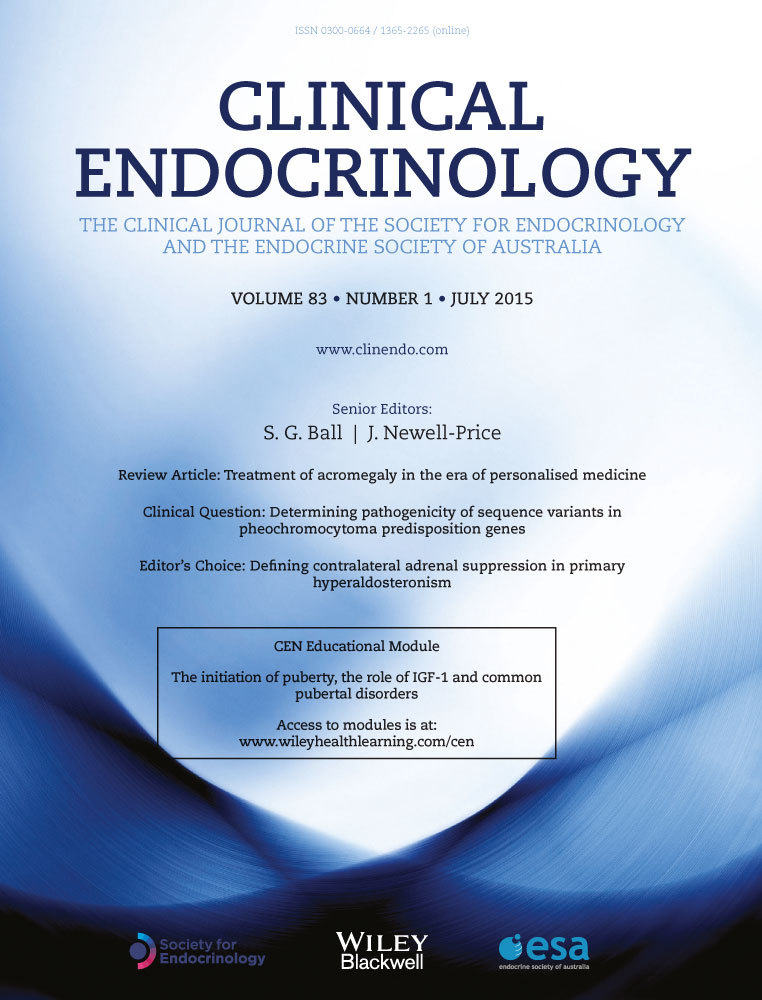Serum 25-hydroxyvitamin D level and the risk of mild cognitive impairment and dementia: the Korean Longitudinal Study on Health and Aging (KLoSHA)
Summary
Objective
The association of low vitamin D status with mild cognitive impairment (MCI), a preclinical condition that can lead to dementia, has not yet been fully explored. Our aim was to investigate the association between vitamin D status and the future risk of MCI and dementia in older adults.
Design, setting and participants
We conducted a population-based prospective study as a part of the Korean Longitudinal Study on Health and Aging. Four hundred and twelve elderly participants who completed evaluations of cognitive function and metabolic parameters in 2005–2006 and 2010–2011 were analysed.
Major outcome measure
The rate of development of MCI or dementia during the study period was compared according to baseline vitamin D status. Binary logistic regression analysis was performed to investigate any independent association between vitamin D status and the risks of MCI or dementia.
Results
Among 405 subjects that remained after excluding seven demented subjects at baseline, 338 subjects remained unchanged or improved in their diagnosis for cognitive function during the study period, whereas 67 subjects showed progression to MCI or dementia. When analyzing 236 subjects whose baseline mini-mental state examination (MMSE) scores were <27, severe vitamin D deficiency at baseline, defined as <25 nmol/l, was independently associated with the progression of cognitive impairment. Among 297 subjects who were normal at baseline, 50 acquired MCI and 247 remained normal. Severe vitamin D deficiency was also independently associated with the development of MCI when analyzing 145 subjects whose baseline MMSE scores were <27.
Conclusion
Severe vitamin D deficiency was independently associated with the future risk of MCI as well as dementia, especially in older adults whose baseline MMSE scores had decreased only modestly.




